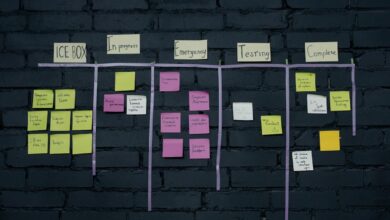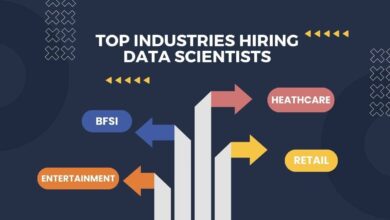CCV Expands Educational Horizons with AI and Data Analytics Certificates

The Community College of Vermont (CCV) is launching two pioneering certificate programs aimed at propelling students into trending and lucrative career paths come fall. This initiative will enable participants to delve into the sophisticated arenas of artificial intelligence and data analytics, as well as modern manufacturing. These programs are among the latest additions to the college’s already robust suite of 24 certificate offerings. The intent is to provide targeted, discipline-specific training that can typically be achieved within a year.
The college is cognizant of the burgeoning demand for professionals in these high-tech fields and, through these new certifications, aims to prepare its students for the specific roles they will play in the workforce. Set to commence on September 3, the college has already opened its doors for enrollment, welcoming prospective students to enroll for both summer and fall sessions.
In a move to underpin lifelong learning and career progression, these certificates were conceived, highlighting the pragmatic benefits of short, focused educational programs for career advancement or entry-level opportunities. As technology rapidly evolves, CCV’s forward-looking strategy reflects a commitment to ensuring its student body remains at the competitive edge of an ever-changing job market. This initiative reinforces the notion that specialized education remains a key stepping stone for those seeking to excel in today’s tech-driven economy.
The integration of certificate programs in areas such as artificial intelligence (AI), data analytics, and modern manufacturing within community college curriculums, such as those introduced by the Community College of Vermont (CCV), is a strategic response to evolving labor market trends.
Artificial Intelligence and Data Analytics Industry:
AI and data analytics are revolutionizing industries by enabling enhanced decision-making, efficient problem-solving, and unlocking innovation. These sectors are part of the larger technology industry, which is experiencing substantial growth. According to market research, the global AI market size is expected to reach remarkable levels of growth, with forecasts predicting billions of dollars in revenue by 2025.
The ever-growing accumulation of data is propelling the data analytics market, where companies seek to glean insights from information to drive business strategy. Market forecasts suggest a trend of continuous expansion for the data analytics industry as well, with expectations of multiplying its current worth over the next few years.
Modern Manufacturing:
Similarly, modern manufacturing is undergoing a transformation, often referred to as Industry 4.0, characterized by automation, the Internet of Things (IoT), and advanced materials. The demand for skilled workers who can navigate the complex landscape of modern manufacturing is climbing, and educational institutions play a crucial role in fulfilling this need. Forecasts for manufacturing underscore a robust trajectory, emphasizing a demand for innovation and efficiency.
Industry Issues:
However, these industries face challenges such as keeping up with rapid technological advancements, ensuring data privacy and cyber-security, the responsible use of AI, and addressing the skills gap in the workforce. The fast pace of technological innovation requires continuous learning and adaptation from professionals.
To stay current with industry trends and forecasts, visiting reputable domains like IBISWorld or Statista may offer valuable insights.
CCV’s programs, therefore, facilitate an agile and practical approach to education, which aligns with the needs of these dynamic industries. Such certificate programs generally enable students to quickly acquire the skills needed to enter or advance in the workforce. They also tend to be more accessible in terms of time and financial investment compared to traditional degree programs.
The focus on certificates in in-demand fields is reflective of a broader trend in post-secondary education, wherein institutions acknowledge the value of providing a curriculum that is responsive to the labor market’s immediate demands. CCV’s initiative is exemplary of how educational institutions can play an instrumental role in preparing individuals for the challenges and opportunities of the modern economic landscape.



